April 1 stands as one of history’s most eventful days, witnessing the rise and fall of empires, groundbreaking discoveries, and moments that shaped our modern world across centuries of human achievement.
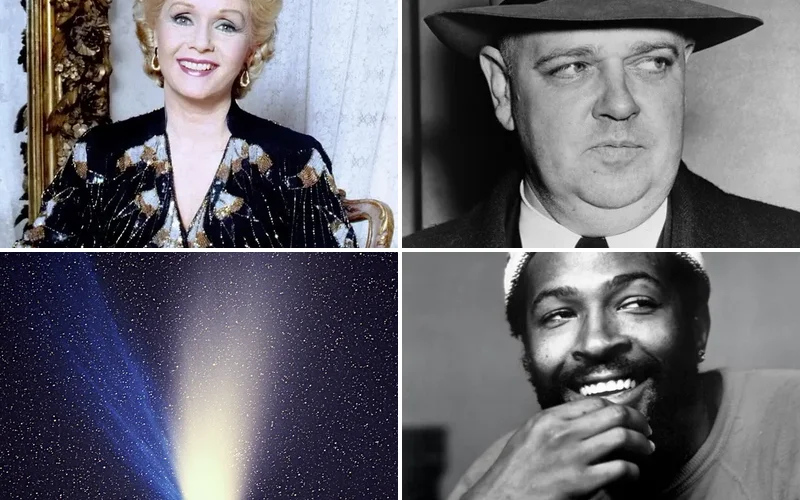
Politics and Government Events on April 1
1933 – Nazi Boycott of Jewish Businesses Begins
The recently elected Nazi Party under Julius Streicher organized a devastating one-day boycott of all Jewish-owned businesses throughout Germany. This coordinated action marked the beginning of systematic persecution against Jewish citizens.
The boycott served as a cruel preview of the anti-Semitic horrors that would follow. Nazi storm troopers stood menacingly outside Jewish shops, warning customers away and painting Stars of David on windows.
1979 – Iran Becomes Islamic Republic
Iranian citizens voted overwhelmingly to establish an Islamic republic, with 99% approval officially overthrowing the Shah’s regime. Ayatollah Khomeini’s revolutionary government transformed the nation’s political landscape forever.
The referendum culminated months of revolutionary fervor that had swept across Iran. This dramatic transformation shifted regional power dynamics and created lasting tensions with Western nations.
1941 – Military Coup Transforms Iraq
A decisive military coup overthrew the regime of Abd al-Ilah and installed Rashid Ali al-Gaylani as Prime Minister. The coup leaders sought to align Iraq more closely with Axis powers during World War II.
British forces would later intervene to restore their preferred leadership. This political upheaval demonstrated the volatile nature of Middle Eastern politics during wartime.
1948 – Faroe Islands Gain Autonomy
The Faroe Islands achieved significant autonomy from Denmark through peaceful negotiations. This arrangement granted the islands control over most domestic affairs while maintaining Danish sovereignty.
The autonomy agreement became a model for other territories seeking self-governance. Faroese culture and language flourished under this new political arrangement.
1949 – Peace Talks Fail in Chinese Civil War
The Chinese Communist Party held unsuccessful peace negotiations with the Nationalist Party in Beijing after three years of devastating warfare. These talks represented the final diplomatic attempt to avoid total victory by either side.
The failure of negotiations sealed the fate of Nationalist forces on mainland China. Communist victory would soon drive the Nationalists to retreat to Taiwan.
1960 – TIROS-1 Satellite Transmits First Space Television

The revolutionary TIROS-1 satellite successfully transmitted the first television pictures from space to Earth. This technological breakthrough opened new possibilities for weather forecasting and global communications.
Scientists marveled at the clear images of cloud formations and weather patterns. The satellite’s success launched the modern era of space-based Earth observation.
1999 – Nunavut Territory Established
Canada created its newest territory by carving Nunavut from the eastern portion of the Northwest Territories. This historic moment granted the Inuit people significant self-governance over their traditional lands.
Nunavut became the largest territory in Canada, covering over two million square kilometers. The territory’s establishment represented a landmark achievement in Indigenous rights and self-determination.
2001 – Same-Sex Marriage Legalized in Netherlands
The Netherlands became the first contemporary nation to legalize same-sex marriage, marking a revolutionary moment in LGBTQ+ rights. Four couples immediately exchanged vows as the law took effect at midnight.
This groundbreaking legislation inspired similar movements across Europe and beyond. The Netherlands’ bold step forward challenged traditional marriage definitions worldwide.
Military and Naval History on April 1
1908 – British Territorial Force Established
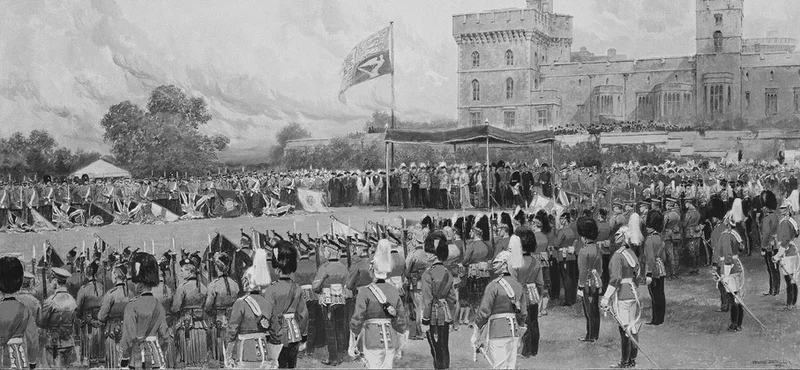
The British Army created the Territorial Force as a volunteer reserve component to strengthen national defense capabilities. This citizen-soldier concept would later be renamed the Territorial Army in 1920.
The force attracted thousands of volunteers eager to serve their country. These territorial units would prove invaluable during both World Wars when Britain faced existential threats.
1918 – Royal Air Force Founded
The Royal Air Force emerged from the merger of the Royal Flying Corps and Royal Naval Air Service. This unification created the world’s first independent air force, revolutionizing military aviation strategy.
The RAF’s establishment recognized aviation’s growing importance in modern warfare. British pilots would soon demonstrate their skills defending the homeland during the Battle of Britain.
1924 – Royal Canadian Air Force Formed
Canada established its own air force as an independent military branch, strengthening the nation’s defense capabilities. The RCAF would become one of the world’s most respected air forces.
Canadian pilots would distinguish themselves in World War II combat operations. The air force played crucial roles in defending North American airspace and supporting Allied missions.
1945 – American Forces Attack Okinawa
The Tenth United States Army launched a massive assault against the Thirty-Second Japanese Army on Okinawa. This operation began one of the Pacific War’s bloodiest and most decisive battles.
The invasion involved over 180,000 American troops supported by hundreds of warships. Fierce Japanese resistance would make Okinawa a costly but crucial stepping stone toward Japan.
1969 – Harrier Jump Jet Enters Service
The revolutionary Hawker Siddeley Harrier became the first operational fighter aircraft with Vertical/Short Takeoff and Landing capabilities. The Royal Air Force gained unprecedented tactical flexibility with this technological marvel.
The Harrier’s unique capabilities allowed operations from small airfields and aircraft carriers. This innovation transformed military aviation strategy and inspired similar developments worldwide.
2016 – Nagorno-Karabakh Conflict Erupts
Armed conflict erupted along the Nagorno-Karabakh Line of Contact between Armenian and Azerbaijani forces. This “Four-Day War” marked the most serious escalation since the 1994 ceasefire agreement.
Heavy fighting involved tanks, artillery, and aircraft from both sides. The conflict demonstrated how frozen territorial disputes could suddenly explode into devastating warfare.
Science and Discovery Milestones on April 1
1946 – Devastating Aleutian Earthquake and Tsunami
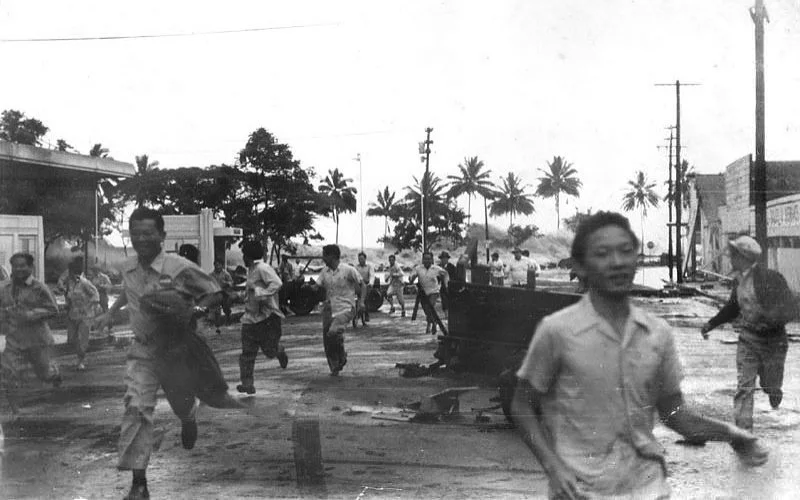
A powerful 8.6 magnitude earthquake struck the Aleutian Islands, generating a destructive tsunami that traveled across the Pacific Ocean. The waves reached Hawaiian shores, causing dozens of deaths, particularly in Hilo.
The disaster prompted development of the Pacific Tsunami Warning System. Scientists recognized the urgent need for early warning systems to protect coastal communities from similar catastrophes.
1997 – Comet Hale-Bopp Reaches Perihelion

The magnificent Comet Hale-Bopp passed through its closest approach to the Sun, providing spectacular viewing opportunities for astronomers worldwide. This cosmic visitor had been approaching for months, growing brighter as it neared perihelion.
The comet’s impressive tail stretched across the night sky, visible even from urban areas. Amateur and professional astronomers captured thousands of photographs of this celestial phenomenon.
2004 – Google Launches Gmail Service
Google revolutionized email communication by launching Gmail with an unprecedented one gigabyte of free storage. Many people initially dismissed the announcement as an April Fool’s joke due to the timing.
The service’s generous storage capacity and innovative features transformed email expectations. Gmail’s success challenged established providers and set new standards for web-based communication.
Cultural and Arts Events on April 1
1908 – Abraham Maslow Born

Abraham Maslow entered the world in Brooklyn, New York, destined to become one of psychology’s most influential theorists. His childhood experiences with anti-Semitism shaped his later interest in human potential and self-actualization.
Maslow would revolutionize psychology with his hierarchy of needs theory. His humanistic approach emphasized personal growth and the pursuit of human excellence rather than merely treating mental illness.
1920 – Toshiro Mifune Born
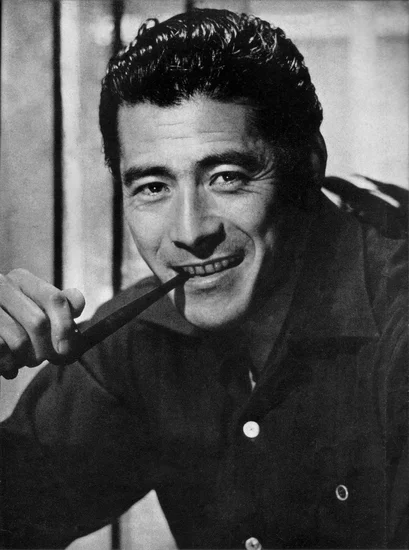
Japanese cinema’s greatest star was born in Qingdao, China, to Japanese parents. Toshiro Mifune would become internationally renowned for his powerful performances in Akira Kurosawa’s masterpiece films.
His dynamic screen presence brought Japanese cinema to global audiences. Mifune’s collaborations with Kurosawa produced some of cinema’s most memorable and influential works.
1929 – Milan Kundera Born
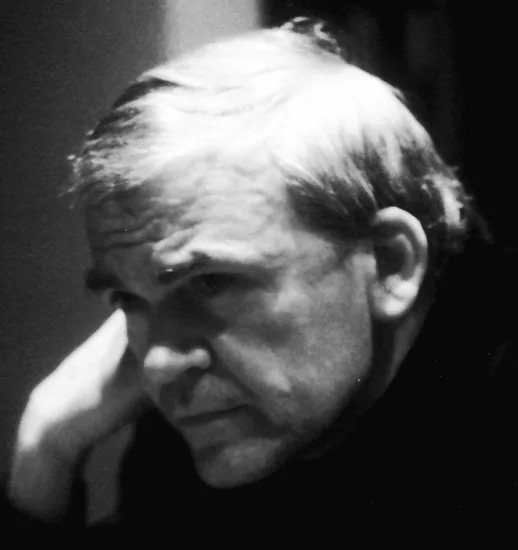
Czech-French novelist Milan Kundera was born in Brno, Czechoslovakia, destined to become one of literature’s most celebrated voices. His early life under communist rule would profoundly influence his literary themes.
Kundera’s novels explored the human condition with philosophical depth and dark humor. His masterwork “The Unbearable Lightness of Being” became a defining novel of the 20th century.
1932 – Debbie Reynolds Born
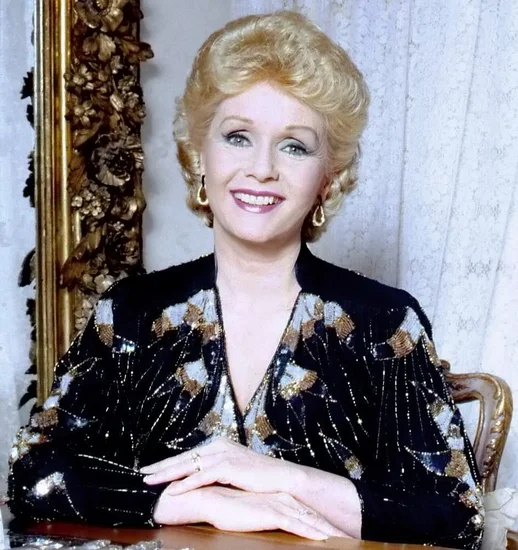
American entertainment icon Debbie Reynolds was born in El Paso, Texas, beginning a career that would span decades. Her wholesome image and versatile talents made her one of Hollywood’s most beloved performers.
Reynolds starred in classic musicals like “Singin’ in the Rain” alongside Gene Kelly. Her resilience through personal challenges inspired generations of performers and fans.
Religious and Social Events on April 1
1933 – Dan Flavin Born
American minimalist sculptor Dan Flavin was born in Jamaica, Queens, destined to revolutionize contemporary art. His innovative use of commercial fluorescent lighting transformed gallery spaces into immersive experiences.
Flavin’s light installations challenged traditional sculpture concepts. His work demonstrated how industrial materials could create profound artistic and spiritual experiences.
1940 – Wangari Maathai Born

Kenyan environmental activist Wangari Maathai was born in Ihithe village, beginning a life dedicated to conservation and women’s rights. Her childhood connection to Kenya’s forests inspired her lifelong environmental commitment.
Maathai would become the first African woman to receive the Nobel Peace Prize. Her Green Belt Movement planted millions of trees while empowering rural women across Africa.
1951 – Barry Sonnenfeld Born

American filmmaker Barry Sonnenfeld was born in New York City, destined to become one of Hollywood’s most distinctive directors. His background in cinematography shaped his unique visual style.
Sonnenfeld’s films like “The Addams Family” and “Men in Black” became cultural phenomena. His quirky sensibility brought dark humor and visual creativity to mainstream entertainment.
Business and Economic Events on April 1
1935 – Reserve Bank of India Established
India’s central banking institution, the Reserve Bank of India, began operations to regulate the nation’s monetary policy. This crucial step strengthened India’s financial infrastructure during the colonial period.
The RBI’s establishment provided greater control over currency and credit policies. This institution would play a vital role in India’s economic development after independence.
1976 – Apple Computer Founded

Steve Jobs and Steve Wozniak officially incorporated Apple Computer, Inc., launching the personal computer revolution from a California garage. Their vision of user-friendly computers would transform technology forever.
The company’s innovative approach challenged established computer manufacturers. Apple’s success demonstrated how creative entrepreneurs could disrupt entire industries through superior design and marketing.
1986 – Communist Party Attacks Police in Nepal
Communist Party of Nepal (Mashal) cadres launched coordinated attacks on multiple police stations throughout Kathmandu. The insurgents hoped to spark a popular rebellion against the existing government.
The attacks reflected growing political unrest in Nepal’s transitional period. These events foreshadowed the longer Maoist insurgency that would later grip the nation.
1989 – Poll Tax Introduced in Scotland
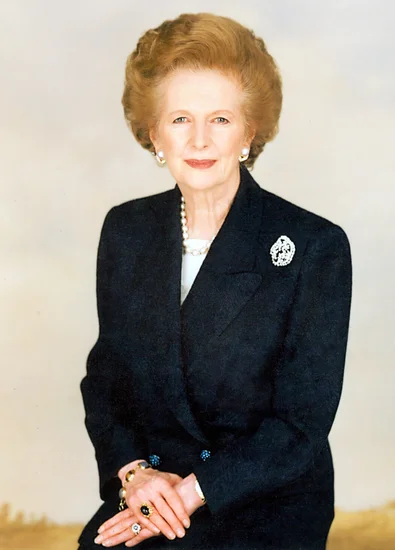
Margaret Thatcher’s controversial Community Charge, commonly known as the “poll tax,” was implemented in Scotland. This flat-rate local government tax replaced property-based rates and proved deeply unpopular.
The policy’s introduction sparked widespread protests and civil disobedience. The poll tax’s failure ultimately contributed to Thatcher’s downfall as Prime Minister.
Transportation and Infrastructure on April 1
1937 – Royal New Zealand Air Force Formed
New Zealand established its air force as an independent military service, strengthening the nation’s defense capabilities. The RNZAF would prove vital during World War II operations in the Pacific theater.
New Zealand pilots distinguished themselves in combat operations across multiple theaters. The air force’s establishment reflected the growing importance of aviation in modern warfare.
1954 – Air Force Academy Authorized
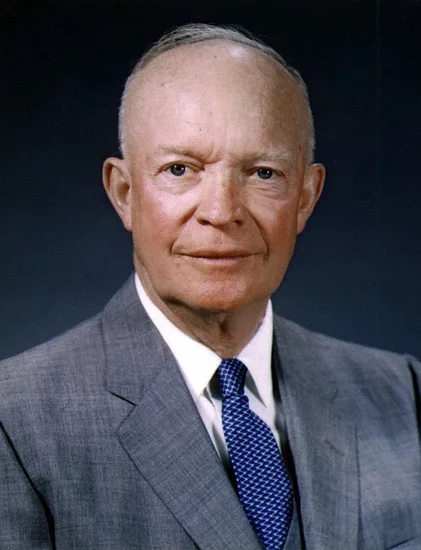
President Dwight D. Eisenhower authorized creation of the United States Air Force Academy in Colorado Springs, Colorado. This institution would train future Air Force officers in leadership and aviation skills.
The academy’s establishment recognized the Air Force’s growing importance in national defense. Graduates would lead American air power through the Cold War and beyond.
1970 – Royal Air Maroc Crash
A Royal Air Maroc Sud Aviation Caravelle crashed near Berrechid, Morocco, killing all 61 people aboard. This tragic accident highlighted ongoing aviation safety challenges in the early jet age.
The disaster prompted improved safety procedures and aircraft maintenance standards. Aviation authorities implemented stricter regulations to prevent similar tragedies.
Sports and Recreation on April 1
1928 – Ferenc Puskás Born

Hungarian football legend Ferenc Puskás was born in Budapest, destined to become one of soccer’s greatest players. His exceptional left foot and goal-scoring ability would make him a global icon.
Puskás led Hungary’s “Magical Magyars” to Olympic gold and World Cup finals. His later success with Real Madrid cemented his status as football’s most celebrated striker.
1950 – Phil Niekro Born

American baseball pitcher Phil Niekro was born in Blaine, Ohio, beginning a career that would span 24 major league seasons. His mastery of the knuckleball made him one of baseball’s most unique and effective pitchers.
Niekro’s longevity and success with the challenging knuckleball pitch amazed fans and players. His 318 career victories earned him induction into the Baseball Hall of Fame.
1980 – Randy Orton Born

American professional wrestler Randy Orton was born in Knoxville, Tennessee, continuing his family’s wrestling legacy. His athleticism and charisma would make him one of WWE’s biggest stars.
Orton’s career achievements include multiple WWE Championships and memorable feuds. His “RKO” finishing move became one of professional wrestling’s most recognizable signature moves.
1993 – Alan Kulwicki Dies in Plane Crash
NASCAR champion Alan Kulwicki tragically died in a plane crash near Blountville, Tennessee, ending a remarkable racing career. The 1992 Winston Cup champion was traveling to the next race when disaster struck.
Kulwicki’s death shocked the racing community and his many fans. His underdog championship victory the previous year had made him one of NASCAR’s most beloved drivers.
Notable Births on April 1
1901 – Whittaker Chambers Born
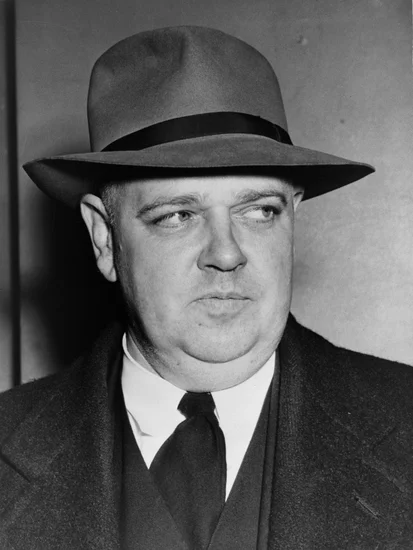
American journalist and former Communist spy Whittaker Chambers was born on Long Island, New York. His early idealism would lead him into the Communist underground before his eventual conversion to anti-communism.
Chambers’ testimony against State Department official Alger Hiss created one of the Cold War’s most controversial espionage cases. His autobiography “Witness” became a defining text of American anti-communist literature.
1927 – Amos Milburn Born
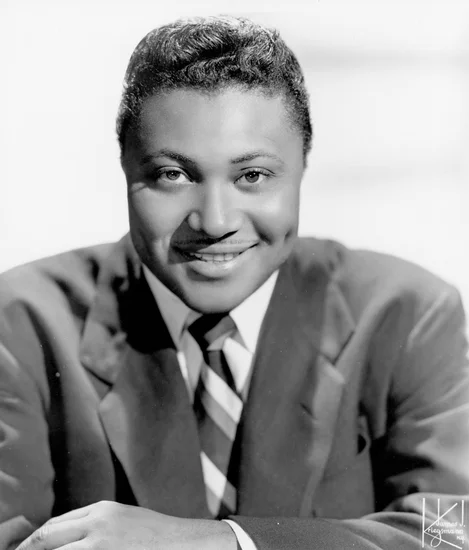
American rhythm and blues pioneer Amos Milburn was born in Houston, Texas, destined to become one of R&B’s most influential performers. His boogie-woogie piano style and smooth vocals defined the genre’s early sound.
Milburn’s hits like “Chicken Shack Boogie” helped establish R&B as a major musical force. His energetic performances and innovative piano techniques influenced countless musicians who followed.
1949 – Gil Scott-Heron Born
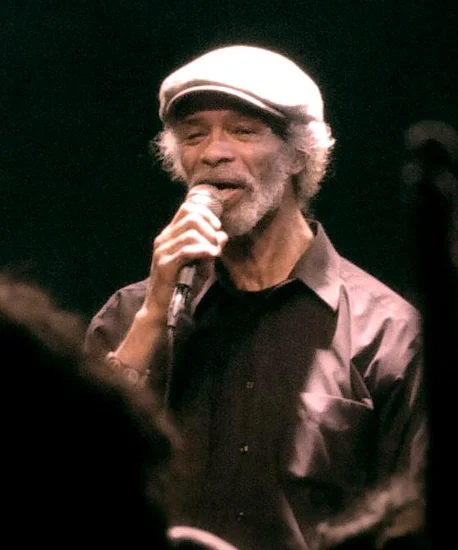
American musician and poet Gil Scott-Heron was born in Chicago, Illinois, beginning a career that would revolutionize social commentary through music. His powerful lyrics addressed racism, poverty, and political corruption.
Scott-Heron’s spoken-word style and jazz-influenced music made him the “Godfather of Rap.” His prophetic songs like “The Revolution Will Not Be Televised” became anthems of social change.
1950 – Samuel Alito Born

Future Supreme Court Justice Samuel Alito was born in Trenton, New Jersey, beginning a legal career that would reach the highest levels of American jurisprudence. His conservative judicial philosophy would shape major constitutional decisions.
Alito’s appointment to the Supreme Court in 2006 strengthened the court’s conservative wing. His scholarly opinions and originalist interpretation of the Constitution influenced American legal precedent.
1962 – Phillip Schofield Born

British television presenter Phillip Schofield was born in Oldham, Lancashire, beginning a broadcasting career that would span decades. His warm personality and versatility made him one of Britain’s most beloved television hosts.
Schofield’s career highlights include presenting “This Morning” and various primetime entertainment shows. His ability to connect with audiences across different demographics established him as a television icon.
1974 – David Oyelowo Born

British-American actor David Oyelowo was born in Oxford, England, beginning a career that would bring him international acclaim. His powerful performances in both British and American productions showcased his remarkable range.
Oyelowo’s portrayal of Martin Luther King Jr. in “Selma” earned critical acclaim and award recognition. His commitment to diverse storytelling has made him one of cinema’s most respected actors.
Notable Deaths on April 1
1917 – Scott Joplin Dies
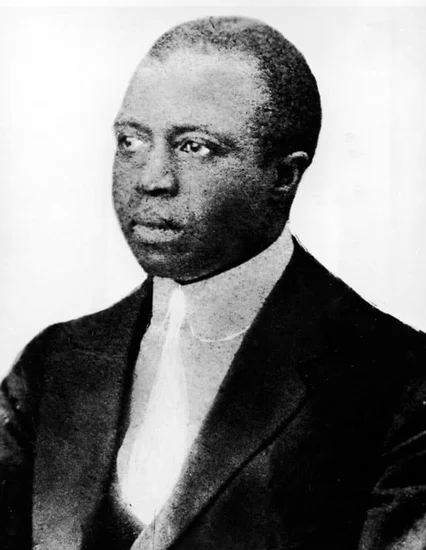
American ragtime composer Scott Joplin died in New York City, ending a career that had revolutionized American popular music. His syncopated piano compositions like “The Entertainer” defined the ragtime era.
Joplin’s sophisticated compositions elevated ragtime from dance music to serious art form. His opera “Treemonisha” demonstrated his ambition to create lasting classical works rooted in African American culture.
1922 – Charles I of Austria Dies
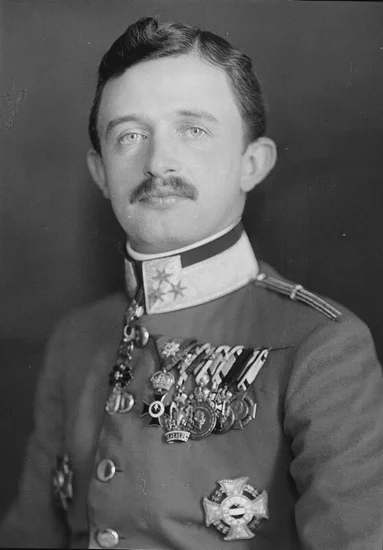
The last Emperor of Austria-Hungary died in exile on the Portuguese island of Madeira. Charles I’s attempts to restore his throne had failed, marking the definitive end of Habsburg rule.
His death symbolized the final collapse of the old European order. The Habsburg dynasty’s thousand-year reign had ended with World War I and the empire’s dissolution.
1950 – Charles R. Drew Dies
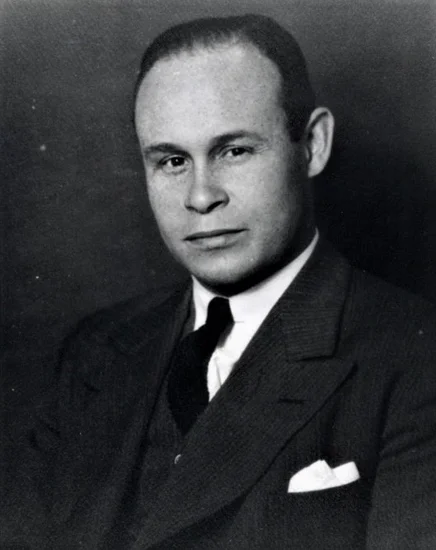
American physician and surgeon Charles R. Drew died tragically in a car accident in North Carolina. His groundbreaking research on blood preservation and storage had saved countless lives during World War II.
Drew’s work establishing blood banks revolutionized emergency medicine and surgery. His contributions to medical science overcame racial barriers and earned him international recognition.
1984 – Marvin Gaye Dies

American soul music legend Marvin Gaye was tragically shot and killed by his father in Los Angeles. His death ended one of popular music’s most influential and troubled careers.
Gaye’s socially conscious albums like “What’s Going On” had redefined soul music’s artistic possibilities. His passionate performances and innovative recordings influenced generations of musicians across all genres.
1991 – Martha Graham Dies
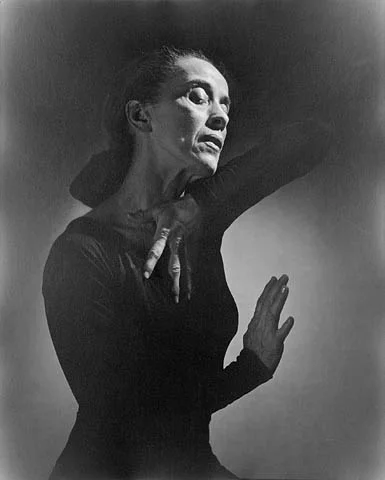
American dance pioneer Martha Graham died in New York City, ending a career that had revolutionized modern dance. Her innovative choreography and technique training influenced dancers worldwide.
Graham’s abstract movements and psychological themes brought new artistic depth to dance. Her company and school continued spreading her revolutionary approach to movement and expression.
2003 – Leslie Cheung Dies

Hong Kong singer and actor Leslie Cheung died by suicide in Hong Kong, shocking fans across Asia. His contributions to Cantonese pop music and cinema had made him one of Asia’s biggest stars.
Cheung’s performances in films like “Farewell My Concubine” earned international acclaim. His openness about his sexuality and mental health struggles made him a pioneering figure in conservative Asian society.
Holidays and Observances on April 1
April Fools’ Day

April Fools’ Day traditions spread across cultures worldwide, encouraging playful pranks and harmless deceptions. This beloved custom allows people to embrace humor and creativity while testing others’ gullibility.
The holiday’s origins remain mysterious, but its popularity continues growing. Media outlets and corporations now participate with elaborate hoaxes that capture public imagination.
Cyprus National Day
Cyprus celebrates its national day commemorating the start of the EOKA struggle for independence from British colonial rule. This significant date honors those who fought for Cypriot freedom and self-determination.
The holiday reflects Cyprus’s complex history and ongoing division. Both Greek and Turkish Cypriots remember this day differently, highlighting the island’s continuing challenges.
Kha b-Nisan Assyrian New Year

The Assyrian people celebrate their traditional New Year with ancient rituals and cultural festivities. This spring celebration connects modern Assyrians with their Mesopotamian heritage and ancestral traditions.
Communities worldwide gather to preserve their language and customs. The celebration strengthens Assyrian identity despite diaspora communities being scattered across many nations.
